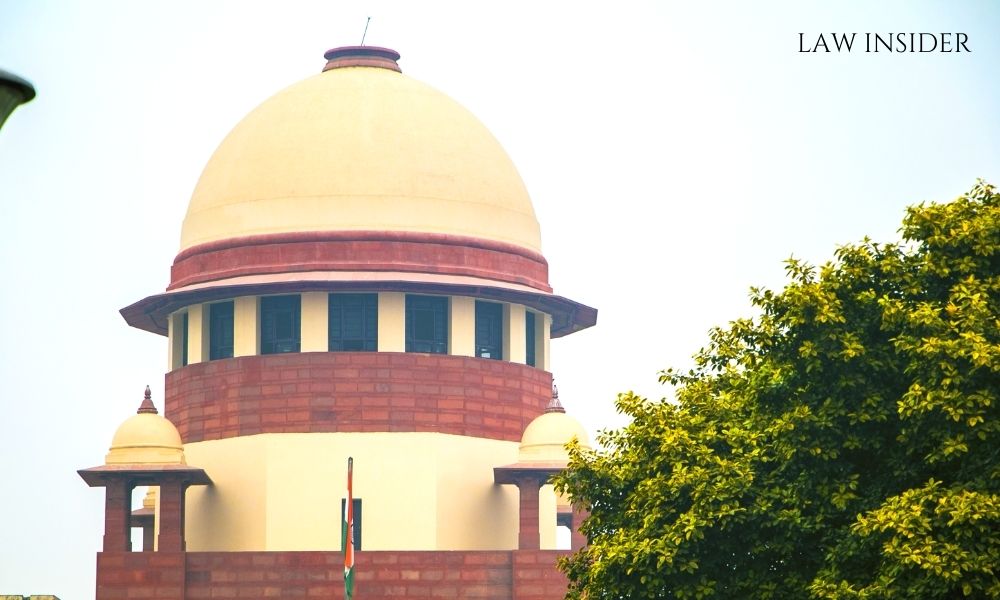LI Network
Published on: 15 August 2023 at 22:55 IST
The Supreme Court has underscored that an extended period of land possession does not automatically confer rights through adverse possession, affirming the principle that the mere duration of possession does not equate to ownership [Government of Kerala and Another v. Joseph and Others].
A bench comprising Justices Abhay S Oka and Sanjay Karol highlighted that when contested land, claimed through adverse possession, is owned by the State, the court’s scrutiny must be more rigorous and effective.
The court emphasized, “In instances where government-owned land is subjected to adverse possession claims, the court bears a solemn duty to approach the matter with heightened seriousness, attentiveness, caution, and thoroughness. This is crucial to prevent the potential erosion of the State’s rights or title to immovable property.”
Furthermore, the court emphasized that unsubstantiated assumptions, speculations, and approximations cannot serve as grounds to strip the government of its land rights and transfer those rights to individuals lacking legitimate claims.
The court reiterated that to establish adverse possession rights, possession must be evident, continuous, open, and in opposition to rival claims by other contenders. In addition, a genuine intention to occupy the land, known as “animus possidendi,” is imperative. Simply occupying the land with permissive intent, without the animus possidendi, does not fulfill the requisites for an adverse possession claim.
This judgment was delivered during the consideration of an appeal by the Kerala government contesting a ruling by the Kerala High Court. The High Court had determined that a portion of land, initially under the ownership of the Kerala government, was now the property of a private individual based on the principle of adverse possession.
The private party had been in possession of the land since 1940, acquiring ownership at that time. In 1983, legal representatives of the private party initiated legal proceedings against the State’s eviction actions. The initial suit was approved by a munsiff court, but a district court overturned this decision in 1995.
In the subsequent appeal, the High Court ruled in favor of the private party’s representatives, against the State. This led the State government to appeal to the Supreme Court.
In its assessment, the Supreme Court determined that the extended possession period of the private party was inadequately established to meet the criteria for a “more serious and effective” examination, particularly when State land rights are implicated.
The court emphasized the absence of conclusive evidence substantiating the private claimants’ long-standing possession.
“Merely prolonged possession does not automatically confer adverse possession rights. Speculative assumptions and approximations cannot serve as a basis to divest the State of its land rights and vest those rights in an entity lacking such legitimate claims,” the court concluded.
Hence, the court overturned the High Court’s verdict, ruling in favor of the State’s position.

